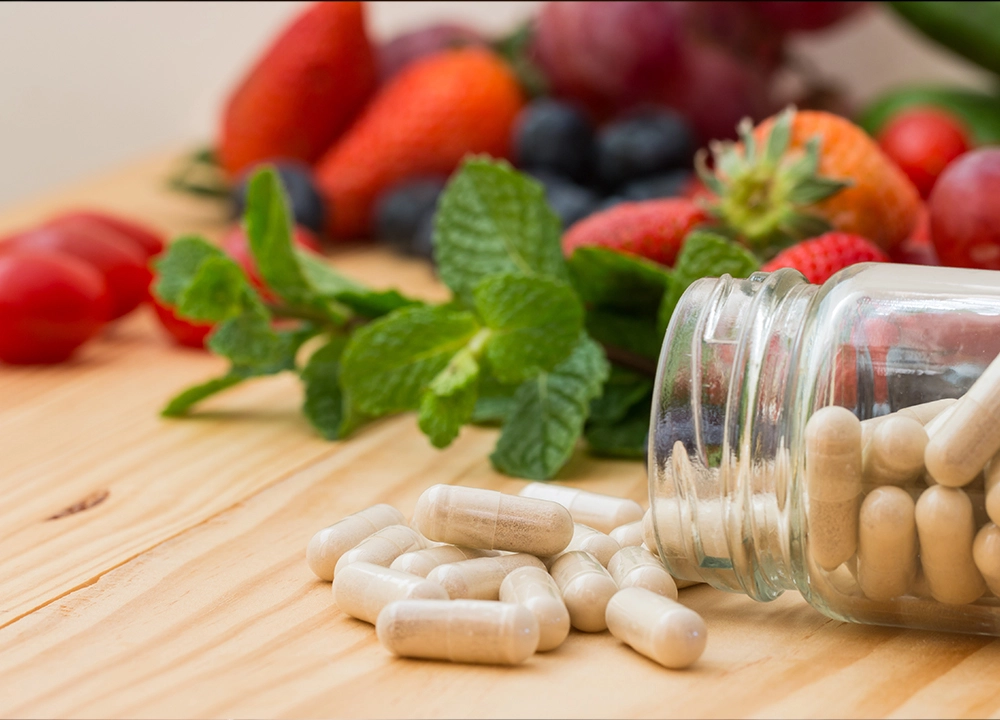Natural Dietary Supplement: Practical Guide to Safe Use
Natural sounds safe, but many supplements can cause harm or interact with medicines. If you take prescription drugs, have a health condition, or are pregnant, treat supplements like any active ingredient. This page gives clear, practical steps so you can pick and use natural dietary supplements without mystery.
What a "natural" supplement really means
"Natural" usually means the active ingredient comes from plants, minerals, or other non-synthetic sources. It does not guarantee purity, consistent dosing, or safety. Different batches can vary in strength. Labels may not list contaminants or show exact active levels. Think of supplements as concentrated food extracts that need the same caution you’d use with medicine.
How to choose safer supplements
Start with a clear reason: energy, sleep, vitamins, or targeted support like joint or immune care. Match the product to that goal so you can track whether it works.
Look for third-party testing seals such as USP, NSF, or ConsumerLab. Those tests don’t prove clinical benefit, but they do check that what’s on the label is inside the bottle and that there are no heavy metals or microbes.
Read the label: active ingredient, dose per serving, serving size, other ingredients, and possible allergens. Skip products that hide amounts inside "proprietary blends." You want to know exact milligrams.
Check interactions. Many herbal supplements affect blood clotting, blood sugar, or how your liver breaks down drugs. St. John’s wort, for example, lowers levels of many medications. If you’re on any regular drug, ask your doctor or pharmacist before starting anything new.
Buy from stores with a return policy and clear contact info. Avoid random social media ads pushing miracle cures. If a seller pressures you or guarantees dramatic results, that’s a red flag.
Start low and track. Begin at the lowest recommended dose and use a notebook or phone to log effects and side effects for two to four weeks. Stop and seek medical advice if you develop rash, dizziness, stomach pain, unusual bleeding, or mood changes.
Keep expectations realistic. Some supplements like riboflavin (vitamin B2) can help with specific issues such as energy or certain headache types. Others like gossypol or cnidium have limited and sometimes risky evidence. Read reliable reviews and research before trying newer, less-studied products such as purple loosestrife extracts.
Pregnancy, breastfeeding, kids, and serious illness are times to avoid most supplements unless a clinician recommends them. Even "natural" iron or vitamin D can be harmful in the wrong dose or combined with other medicines.
Use supplements as part of a plan that includes food, sleep, movement, and medical care. If you want product suggestions or a quick read on specific ingredients, browse our tag posts for plain-language reviews and safety notes. When you pair common sense with a bit of research, natural supplements can be helpful without being risky.
Buckwheat: The Natural Dietary Supplement That's Taking the Health World by Storm
I've recently come across an amazing natural dietary supplement called Buckwheat, and it's taking the health world by storm! This superfood is packed with essential nutrients like vitamins, minerals, and antioxidants, making it a great addition to any diet. What's even better is that it's gluten-free, so it's perfect for those with gluten sensitivities or celiac disease. Plus, it's known to help regulate blood sugar levels and improve heart health. I can't wait to incorporate buckwheat into my own meals and experience these fantastic health benefits!
View More
